The second half of the 2014-2015 legislative session in Trenton is underway, and—as always—housing is on the agenda, with a large number of housing-related bills up for consideration.
Some are directly targeted at the state’s condos and HOAs as well as the relatively small number of co-ops, mainly in urban areas. Others, while wider in scope, will have an effect on condo and HOA residents, boards and managers. Let’s not forget that legislative action is brewing in the municipal and federal arenas, too.
Bills, Bills, Bills...
Christopher T. Mangold, manager of legislative information and the bill room at The Office of Public Information, based in Trenton, generously provided the New Jersey Cooperator a list of every housing subject heading in the state legislature as well as current bills under those headings, totaling over 40 pieces of legislature.
Some were crafted with 2013’s Hurricane Sandy in mind—such as A412—which “prohibits residential development fees on reconstruction after natural disasters,” AR208, which “urges FEMA [Federal Emergency Management Agency] to waive recoupment of overpaid Superstorm Sandy funds from disaster victims,” and S1306, which establishes “Superstorm Sandy Bill of Rights.”
Many others under the general housing category deal with foreclosures; several different bills aim to “establish process for consideration of offers from short sale buyers during residential mortgage foreclosures.” Yet others deal with particular groups of people, such as seniors, and particular locations, such as Atlantic City.
As of February 28, according to Mangold, there were 24 bills under the heading Housing—Condominiums, Cooperatives and Mobile Homes (why mobile homes are linked with condos and co-ops is a mystery), A454 “permits the master deed of condominium to reflect proportional common and limited common elements interests of each owner as fractions.” A729 “extends veteran property tax exemptions to tenant shareholders in co-ops and mutual housing corporations.”
Still, under the heading of condos and co-ops, A1897 exists, which “prohibits enforcement, for a period of 12 months, of homeowners' association bylaws prohibiting domesticated animals if the owner is a FEMA-designated displaced individual following an emergency declaration by the president or governor.”
Indeed, A 2092, “requires condominium and homeowners' associations to provide information to federal home loan insurance providers at no cost to potential buyers.” Whereas, a bill introduced as A1251 in the assembly and S1938 in the Senate is known as the “Owners Rights and Obligations in Shared Ownership Communities Act.”
A third topic of interest to the Garden State's condo, HOA and co-op community falls under the heading of “Affordable Housing,” with more than 50 bills. The “New Jersey Residential Foreclosure Transformation Act,” the “Property Rights and Affordable Housing Act,” assistance to veterans and changes in regulations for COAH (the state’s Council on Affordable Housing) and the Department of Community Affairs (DCA) are among the many items listed.
Hot Topics
Attorney Thomas C. Martin, a member of the New Jersey chapter of the Community Associations Institute (CAI-NJ) Legislative Action Committee, is from the law firm of Nowell Amoroso Klein Bierman, PA, with offices in Hackensack and New York City. He talks about some of the hotter legislative topics.
“First,” he says, “there is a call to address the needs of aging residents. This is also sometimes called a `naturally occurring retirement community,’ or a NORC for short. There have been a number of recent bills proposed to create a platform for the state to assist in situations where residents may need assistance in this regard.”
“Secondly,” he says, “there has been an urgent call for bills related to fire safety in the wake or the recent fire in Edgewater (the fire devastated the luxury Avalon on the Hudson development on January 21, 2015 -ed.). Legislation has been proposed to ban the type of wood-framing new construction utilized in the complex that burned down.”
“Primarily, these bills relate to uncontested foreclosures, says Martin. “In addition, some of them apply to abandoned units as well. It can take several years to complete a foreclosure. The sheer number of foreclosures has created a substantial backlog of cases.”
Ronald L. Perl, a partner in the Princeton law offices of Hill Wallack LLP and a member of the firm’s management committee—comments on the how the foreclosure problem affects the condo and HOA community. “One of the huge problems for associations,” he says, “is that the lenders are not aggressively pursuing or completing the foreclosure process. This means that the units are not sold, and associations are in limbo.” Lenders don’t pay because they generally aren’t obligated to until they take title or possession.
“Therefore,” says Perl, “the association is providing services without receiving the assessment income that should be coming from the unit. Associations are seeking the appointment of rent receivers in some instances, where a renter can be put in a vacant unit to generate income for the association.”
Perl also calls attention to what he considers “an attack on association lien priorities in the courts.” When an association forecloses an association lien, the association must serve the mortgage lender with the complaint first. In one HOA foreclosure in Nevada, Perl says, the bank failed to answer the complaint or participate in the litigation “until the court entered a foreclosure judgment which eliminated the first mortgage lien ... because [the bank] didn’t participate in the case or bid at the sale, they were wiped out.”
Although this was an appropriate decision under state law, the Federal Housing Finance Agency (FHFA), on behalf of Fannie Mae, filed a federal court action to invalidate the decision. “The FHFA, instead of seeking reimbursement from their servicing lender who failed to follow their guidelines and satisfy the HOA lien, is attacking the HOA’s ability to foreclose the mortgagee’s interests.”
Inside Trenton & Out
We’ve mentioned Sandy legislation, which is usually about “robust code enforcement,” according to Martin. “It seems that after every disaster of this type, the building codes are amended.”
Emike Omogbai, communications manager of the Department of Community Affairs, which is responsible for the enforcement of many of the state’s housing-related codes, claims the DCA has adopted two sets of amendments to the Uniform Construction Code. One deals with flood-resistant construction in flood-prone areas. The second mandates standards and procedures for those who wish to elevate their existing homes to provide flood safety.
“To the best of our knowledge,” says Omogbai, “the above rules are working well and serving their intended purposes.”
Turning to the federal arena, another matter of concern to the condo/HOA community involves the Fannie Mae/Freddie Mac lending regulations that took effect in 2009, after the nationwide housing crisis. Among these regulations are provisions stating that developments must have 10 percent or more of their funds set aside in a reserve fund, that no more than 15 percent of the units can be more than a month behind in maintenance or common charges, that the budget must include provision for insurance deductibles and more.
These rules are making it difficult for sellers and buyers. Because both are dealing with publicly funded money, says Martin, the rules are stringent.
Another interesting topic—although one that so far is confined to associations’ own governing documents and hasn’t reached the legislative arena—is that of smoking within units. Many community associations are amending their rules to ban smoking not just in common areas, but within the units themselves.
These amendments are being passed with an overwhelming amount of support from unit owners,” says Martin. “The plan is then to have a unit owner go outside to smoke. In particular, in high-rise community associations, second-hand smoke can permeate the common-element floors and walls, and is seen as a disturbance among the non-smoking unit owners.”
Making Your Voices Heard
Legislators don’t just write bills from their own experience. Often, they’re influenced by industry groups or constituencies that seek to promote their own interests. In New Jersey housing matters, some of these groups include the Community Associations Institute (CAI-NJ), which represents condos, co-ops and HOAs; the New Jersey chapter of the Institute of Real Estate Management (IREM), and the New Jersey Apartment Association (NJAA), which is mainly comprised of managers and owners of rental housing but has some overlap with condo/HOA and co-op issues.
Both the NJAA and IREM’s New Jersey chapters have Legislative Action Committees to monitor bills on the docket. On the national level, IREM has a yearly Leadership and Legislative Summit in Washington. D.C. Part of this is a “Capitol Hill Day,” in which members from all over the country converge on the capitol to visit their representatives and voice their concerns.
CAI-NJ also has a Legislative Action Committee, chaired by Christine Li of the Woodbridge law firm of Greenbaum, Rowe, Smith & Davis, LLP. The organization’s website lists bills and issues of interest to the membership, including foreclosure reform. On the aforementioned subject, the organization talks about its work with several legislators, including Sen. Ronald Rice, D-28, and Assemblyman Carmelo Garcia, D-33, on reforms that will help CAI-NJ’s member associations deal with abandoned properties and fee delinquencies, many of which have already been mentioned in this article.
CAI-NJ also says it wants to break down the 58-page “Owners Rights and Obligations in Shared Ownership Communities Act” (see above) into a nine-bill package that avoids a “one-size-fits-all” approach and would accomplish the original goals “in a much more pragmatic and effective fashion.”
In addition to going out there and talking to legislators, staff, committee chairs, organizations like these and other try to serve as a resource for legislators—to explain the way associations and developments work and to show them what effect their bills would have on their day-to-day operations.
Affordable Housing
Several bills concern the actions of the state’s Council on Affordable Housing (COAH), an agency within the DCA that is responsible for ensuring that all 566 of the state’s municipalities provide their fair share of low- and moderate-income housing. However, the state Supreme Court in March 2015 stripped the council of its power and put the issue back into the court system.
Gov. Chris Christie has never made a secret of his dislike for COAH, which he termed a “failed social experiment.” In 2011, he used executive powers to disband COAH, citing the Executive Reorganization Act of 1969. Two years later, however, his action was struck down by the same Supreme Court that just called the agency “non-functioning” in its ruling. It remains to be seen if the governor or legislative action will intervene to restore the council’s powers or modify its charge of providing affordable housing.
Other bills listed under “Affordable Housing” take a variety of different approaches. For example, A2912 would establish county recording fees to support the New Jersey Affordable Housing Trust Fund, which provides municipalities, nonprofit organizations and for-profit developers with financial assistance to develop affordable housing.
A2675 would establish green building requirements for affordable construction. Others deal with vouchers, set-asides, senior developments and a host of other topics. Finally, many foreclosure-related bills are found under the heading of Affordable Housing.
Many—if not most—of the bills that have been introduced will never get onto the floor. Which bills will advance to the governor’s desk? Will legislation that has been endorsed by the housing organizations succeed in helping unit owners, managers and others? Time will tell.
Keep following legislation, check legislators’ websites, keep reading The New Jersey Cooperator, and speak to representatives of condo- and HOA-related organizations. Above all, know how the process works.
Raanan Geberer is a freelance writer and a frequent contributor to The New Jersey Cooperator.



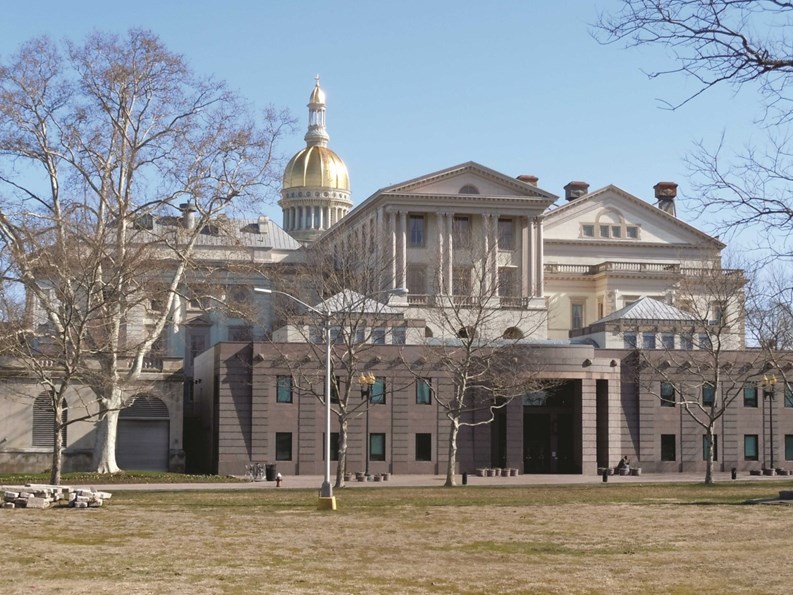
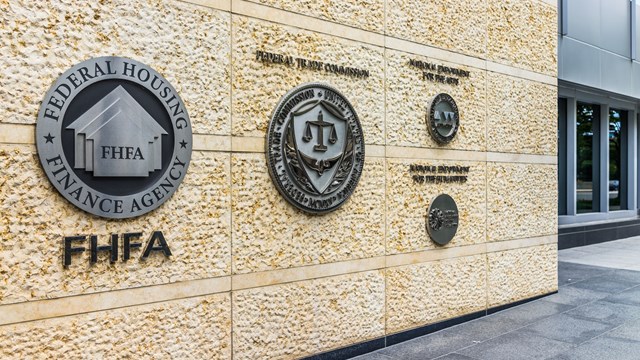
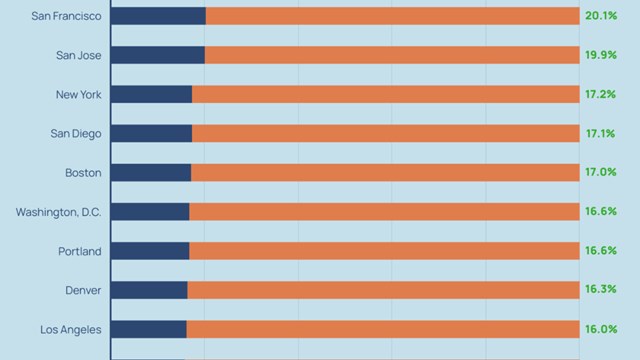

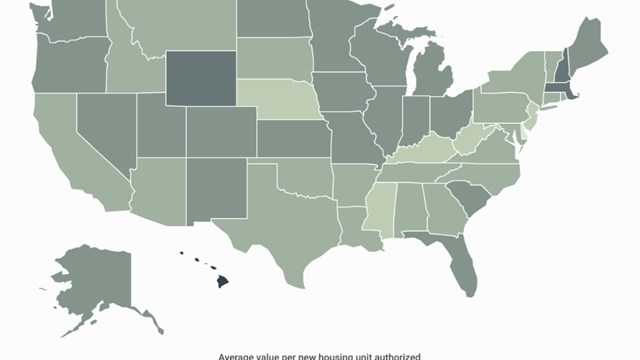
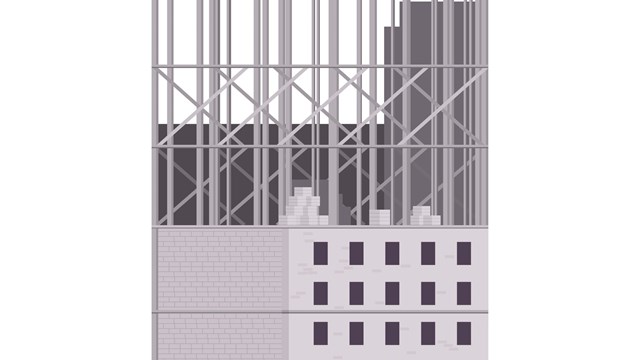
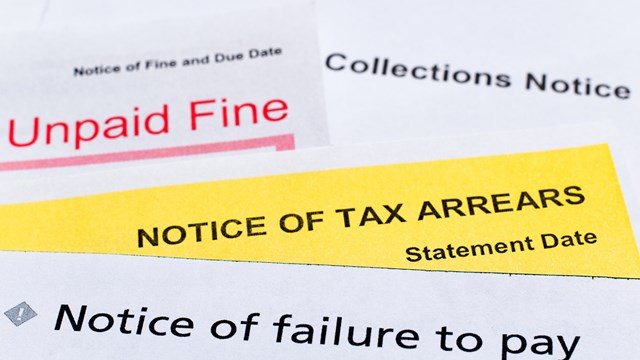
2 Comments
Leave a Comment